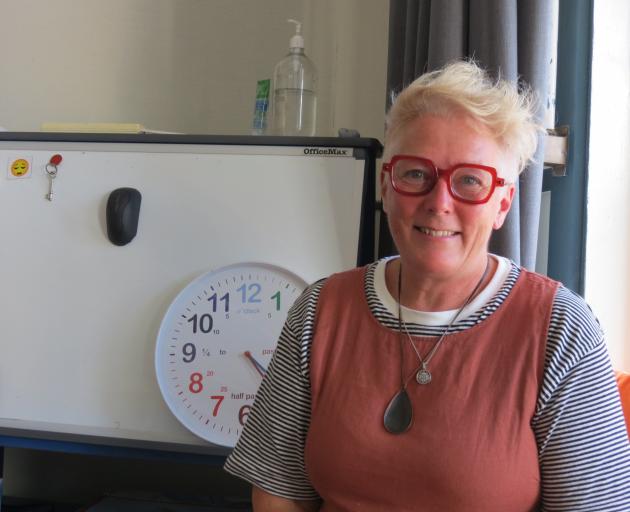
Now that the new school year had started, Dr Debbie Steel is looking to apply the education philosophy in her classroom.
In late 2019, she was offered to opportunity to study the Reggio Emilia (RE) educational philosophy in Italy.
The RE approach originated in the town of Reggio Emilia after World War 2 and like Montessori education, which also originated from Italy, it promoted self-focused learning.
What set RE apart from Montessori was the focus on collaborative learning as opposed to independent learning.
RE was a well-known global educational philosophy, which she had followed and had an interest in, Dr Steel said.
Last May, she graduated with her PhD in Reggio Childhood Studies, and has so far was the only teacher in the southern hemisphere do so.
It was a social media post from the RE Foundation, announcing they were offering PhD scholarships for the first time, that got Dr Steel, who has her Masters, interested in further study.
She was accepted into the inaugural programme, and travelled to Italy to study in 2019, expecting to stay for three years. However, Covid forced her return in early 2020. She was able to continue studying from New Zealand.
During her study, and since her graduation in Italy last year, she has looked at how to apply what she studied to schools in New Zealand.
In April last year Dr Steel returned to Italy with Alexandra Primary School principal Fiona Mackley, where they attended a study tour with Reggio Emilia Aotearoa New Zealand (REANZ).
When she returned Alexandra Primary School Dr Steel led the year three to six classes in an inquiry-based environmental study.
Inquiry-based learning was an important part of the RE-inspired approach, as was the environment, which was seen as a third teacher after parents and teachers.
The inquiry incorporated the RE principle of the environment as the third teacher.
The environment included the classroom, and how the teacher spoke and listened, as well as the outdoors, she said.
Another way the RE approach tied into the inquiry was by including the community.
"The Reggio Emilia inspired approach . . . also believes in authentic community-based topics that are stimulating for the children, that are real life," she said.












